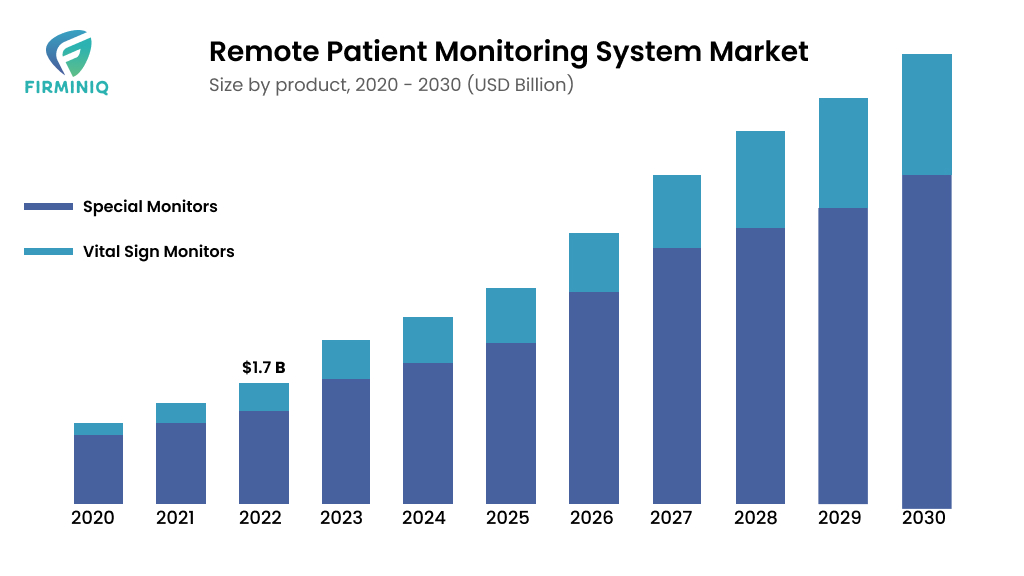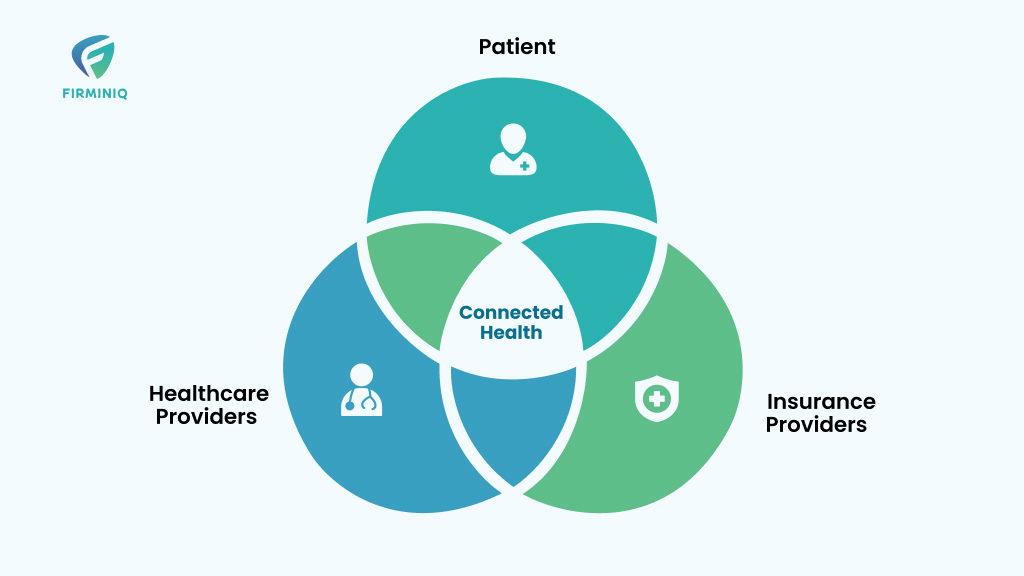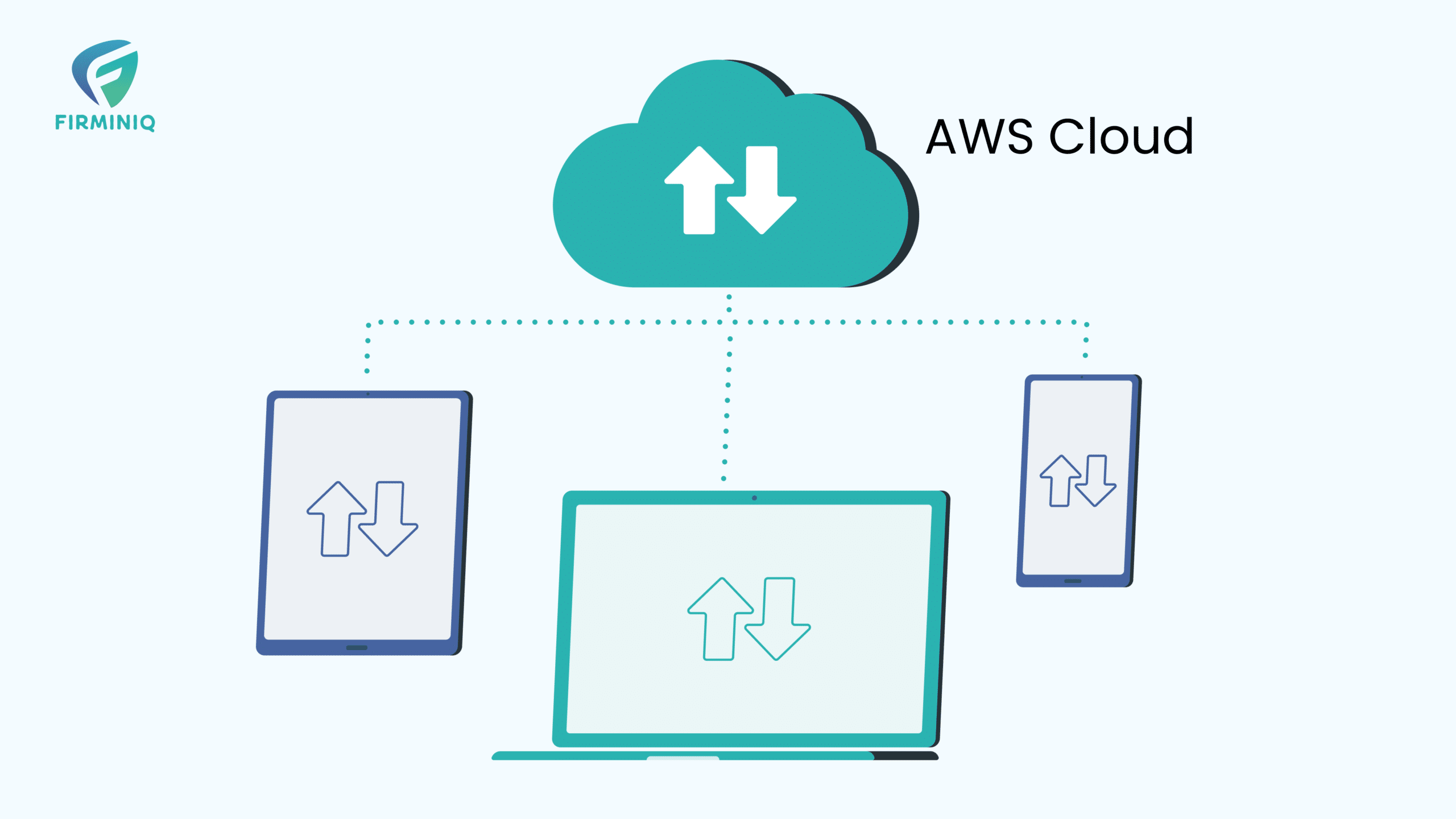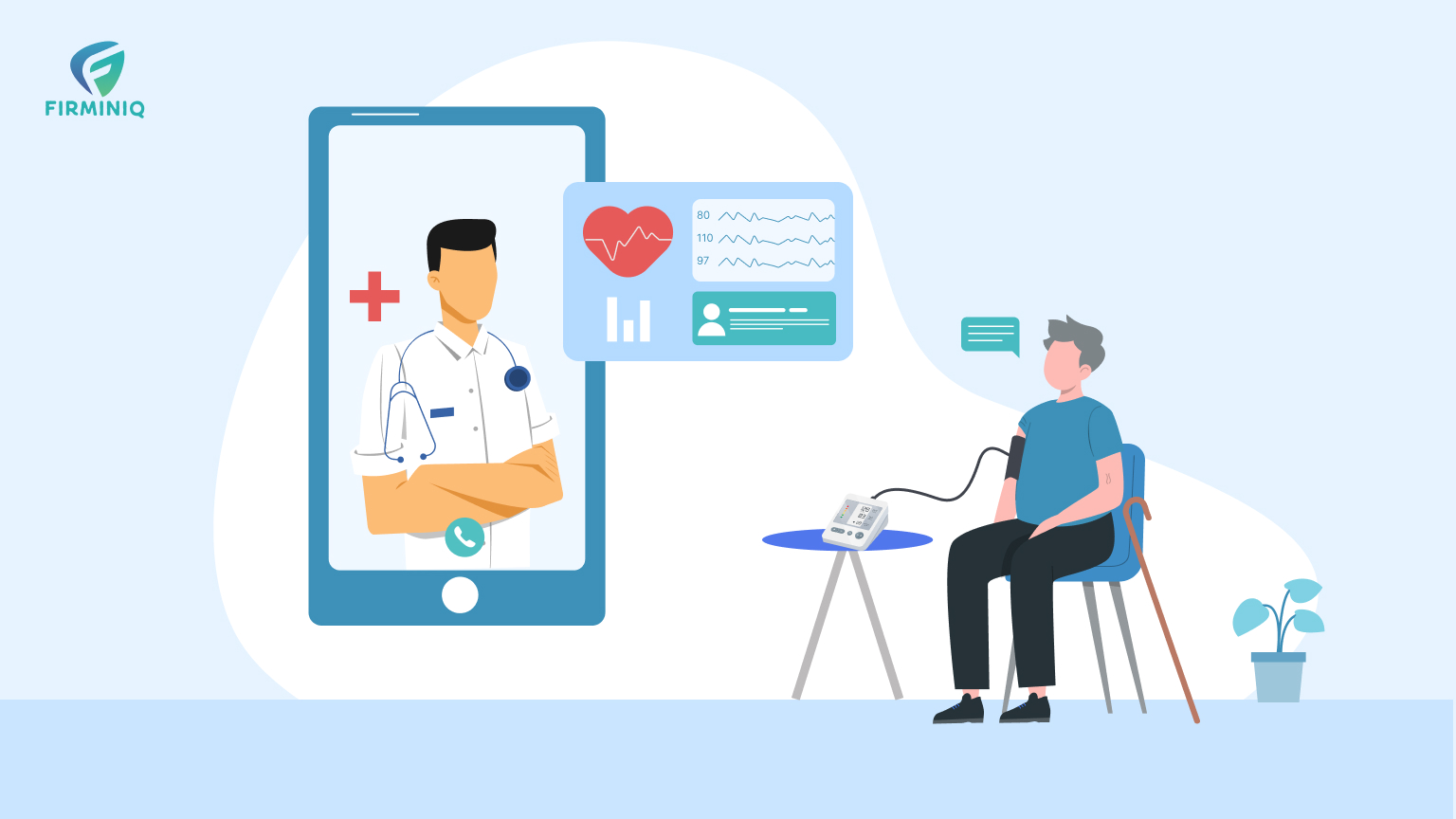The healthcare system is facing significant challenges posed by the rising burden of chronic diseases like heart disease, cancer, diabetes, and others. “Six in ten Americans live with at least one chronic disease, like heart disease and stroke, cancer, or diabetes. These and other chronic diseases are the leading causes of death and disability in America.”- CDC
The statistics clearly emphasize the impact of chronic conditions on people. The conditions affect the well-being of millions globally and demand innovative solutions for efficient management and improved patient outcomes. Addressing the multifaceted needs of individuals struggling with chronic conditions is vital.
Amidst the health-related difficulties individuals face, technological progress has brought new opportunities to enhance the quality of life and healthcare for individuals grappling with chronic conditions. From remote patient monitoring, using AI/ML for intelligence-driven diagnostics, to wearable devices, these advancements help healthcare organizations in the pursuit of more personalized, and patient-centric care.
As we navigate the landscape, let us uncover the potential of these technological advancements that help manage chronic conditions efficiently and elevate the quality of patient life.
Trends and Innovations that Helps Manage Chronic Conditions
In the evolving landscape of healthcare, various trends and innovations have emerged, offering solutions for the effective management of chronic conditions. Let us discuss them all.
1. Rise of Remote Patient Monitoring (RPM) and Telehealth
“The global remote patient monitoring system market size was estimated at USD 5.2 billion in 2023 and is expected to register a compound annual growth rate (CAGR) of 18.6% from 2024 to 2030.”-Grand View Research
RPM has emerged as a game changer that seamlessly helps manage chronic conditions by offering providers real-time data for more active care. Whether it is heart disease, hypertension, diabetes, or Chronic Obstructive Pulmonary Disease (COPD), RPM helps with its management seamlessly.
Also Read: How do RPM (Remote Patient Monitoring) Solutions Help in Monitoring Chronic Diseases
RPM uses digital tools and devices such as wearables that help collect patient data and enable continuous monitoring.
Continuous patient data monitoring allows providers to detect irregularities from inception and reduces the need for emergencies. Also, patients can actively engage in their care by tracking their health, which fosters a sense of responsibility and makes them aware beforehand, so that they make the right decision. It prevents complications and hospital readmissions through early intervention, while contributing to cost cutting for both patients and healthcare systems.
Whereas telehealth facilitates remote consultation that allows patients to connect with healthcare providers from the comfort of their homes. Patients with chronic conditions face challenges as it might be difficult for them to travel to avail themselves of the healthcare facilities. The virtual consultations allow patients to discuss medication adherence, complications, side effects if any, or any other kind of adjustments while ensuring an optimized treatment plan.
2. Integration of EHR (Electronic Health Records)
The seamless integration of EHR shapes the future of chronic disease management. EHR contains comprehensive patient information that is accessible to healthcare providers seamlessly. It covers the medical history of patients, diagnostic reports, treatment plans, and information gathered via RPM.
EHR has an interconnected nature and offers a centralized platform for communication among healthcare teams. The professionals have real-time access to patient data, which is most valuable for chronic disease management. Data-driven decision making allows professionals to optimize trends and make informed decisions about treatment plans.
3. Precision Medicine and Genetic Therapy
Precision medicine has offered a paradigm shift in healthcare that offers personalized treatment for the patient considering the genetic makeup, lifestyle, and environmental factors. In context of chronic disease management, precision medicine and genetic therapy offers a new era of advanced and optimized care.
Genomic profiling analyzes the genetic code of individual’s and identifies variations that contribute to development of progression of the disease. For example, if a person is in the beginning stage of cancer, genomic profiling can help identify the mutations that promote tumor growth and contribute to saving the lives of patients.
4. Blockchain for Data Security
Data security is a foremost concern in healthcare and blockchain technology has emerged as a solution for the same. Blockchain operates on decentralized and tamper-resistant platform that ensures that the sensitive data remains protected while mitigating any unauthorized access.
Implementing blockchain in chronic disease management offers a more efficient and secure means of data storage. It intensifies the interoperability among systems, while allowing only authorized access to the patient data and healthcare records. It reduces the risk of data breaches while ensuring a high standard of privacy to manage chronic conditions for patients. Blockchain helps protect sensitive patient data and streamlines data sharing across healthcare systems.
5. Artificial Intelligence for Predictive Analysis
Artificial Intelligence plays a critical role in predictive analysis that identifies trends and potential health issues. Predictive modeling in context for chronic care utilizes patient data, like EHR records that helps identify individuals at an elevated risk of developing chronic conditions. Individuals at a higher risk of developing chronic disease can be guided with personalized and preventive care while mitigating the risks accordingly. Focusing on the individuals at a higher risk allows healthcare providers to allocate resources efficiently, ensuring timely interventions for those who need it the most.
“Most studies revealed that the achievements of AI are comparable to that of human experts, with a high accuracy of 90-100% in predefined diagnostic decisions compared with specialty doctors and outperforming the average level of clinicians in most clinical situations except for treatment suggestions.”- National Library of Medicine
AI-powered chatbots and virtual assistants are also high in demand as they help in engagement of patients, offer valuable information, answering their queries while offering support anytime the patient needs. AI generates personalized content that helps patients better understand chronic conditions, while fostering a sense of self management.
Epilogue
Management of chronic diseases has evolved from a passive experience into a dynamic collaboration between individuals and the healthcare tools. The challenges are posed by the rising burden of chronic diseases like cancer, diabetes, and others that have propelled the healthcare system to seek innovative solutions for efficient management. The potential of these technological innovations not only efficiently manages chronic diseases but also elevates the overall quality of life for the patients.
If you are a healthcare organization on the lookout for innovative apps that can revolutionize chronic disease management, with the latest innovations, reach out to us. Our team is dedicated to exploring collaborative opportunities and providing innovative solutions that align with the evolving needs of healthcare.







